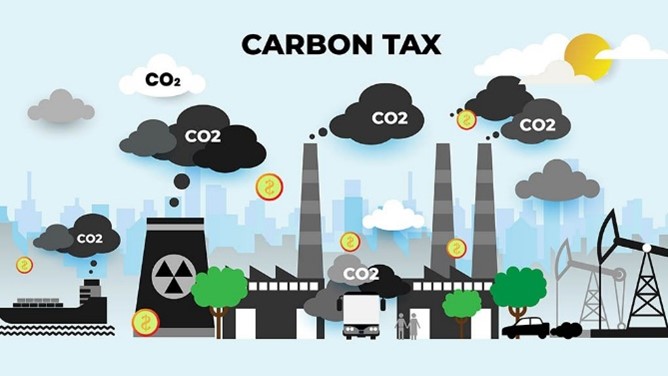Climate Change and Global Governance

Climate Change and Global Governance
by vivienne 05:56pm Jan 06, 2025
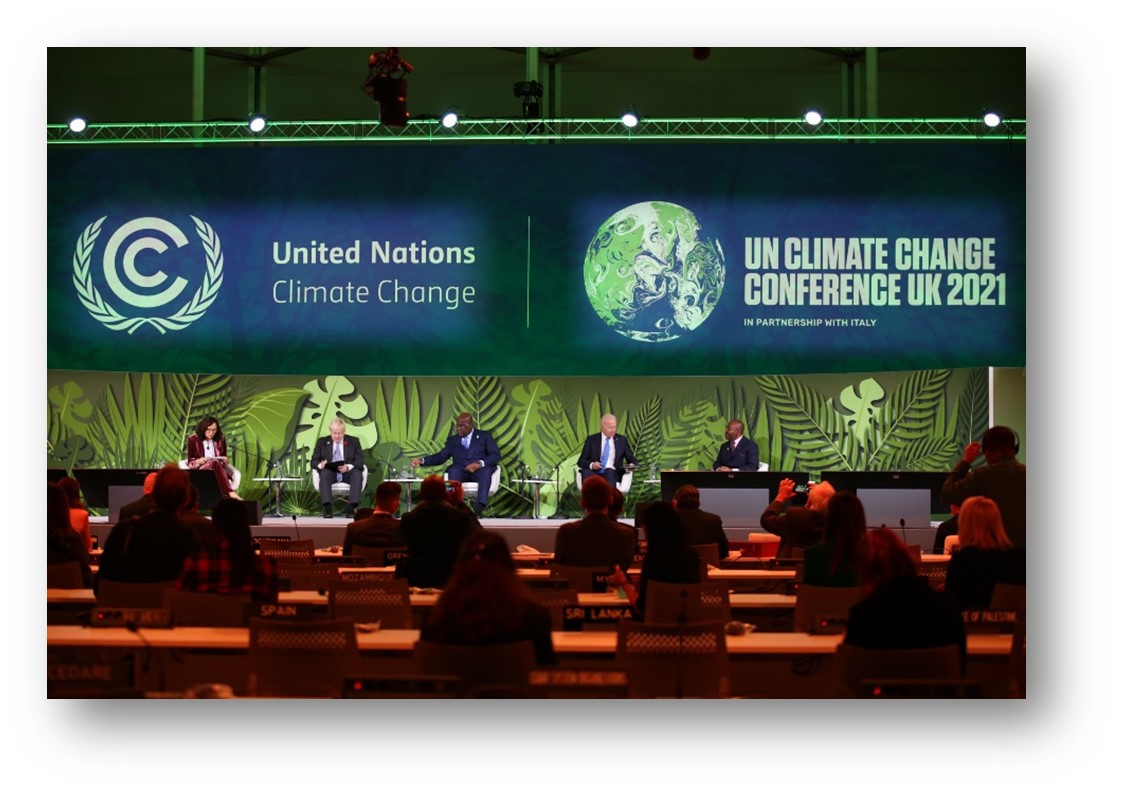
Climate change is one of the most pressing challenges of our time, transcending national borders and demanding a collective response. Rising temperatures, extreme weather events, and the degradation of ecosystems pose significant risks to global stability, economic prosperity, and human well-being. Addressing these issues requires robust global governance mechanisms that can effectively coordinate and implement climate action across nations.
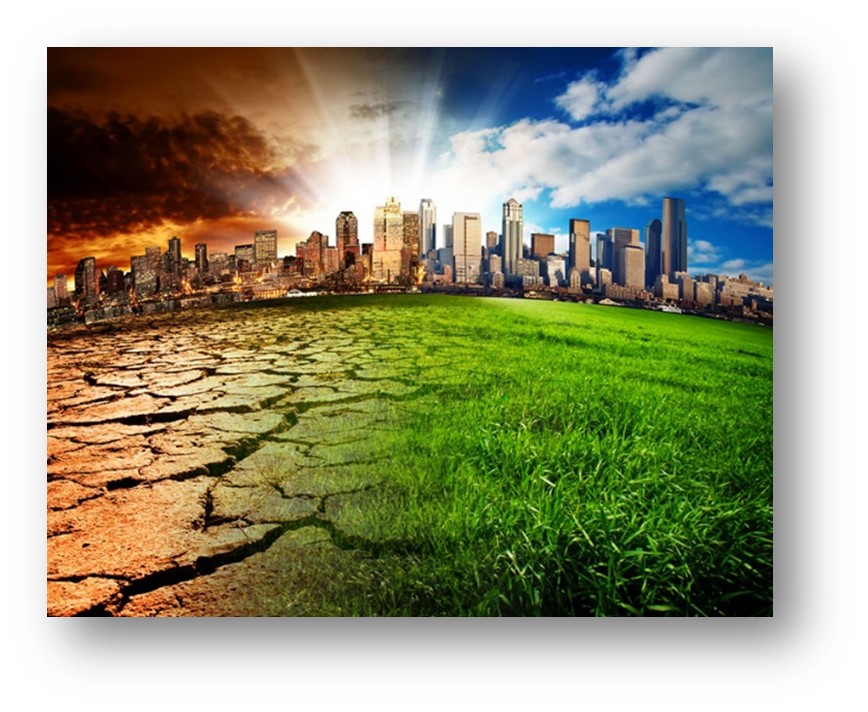
The Urgency of Climate Change
The scientific consensus is clear: human activities, particularly the burning of fossil fuels and deforestation, are driving the acceleration of climate change. Key impacts include:
Rising global temperatures: 2020 tied with 2016 as the warmest year on record.
Melting ice caps and rising sea levels: Threatening coastal communities and ecosystems.
Increased frequency of extreme weather: Hurricanes, droughts, wildfires, and floods have become more common and severe.
Biodiversity loss: Many species are at risk of extinction due to changing habitats and climates.
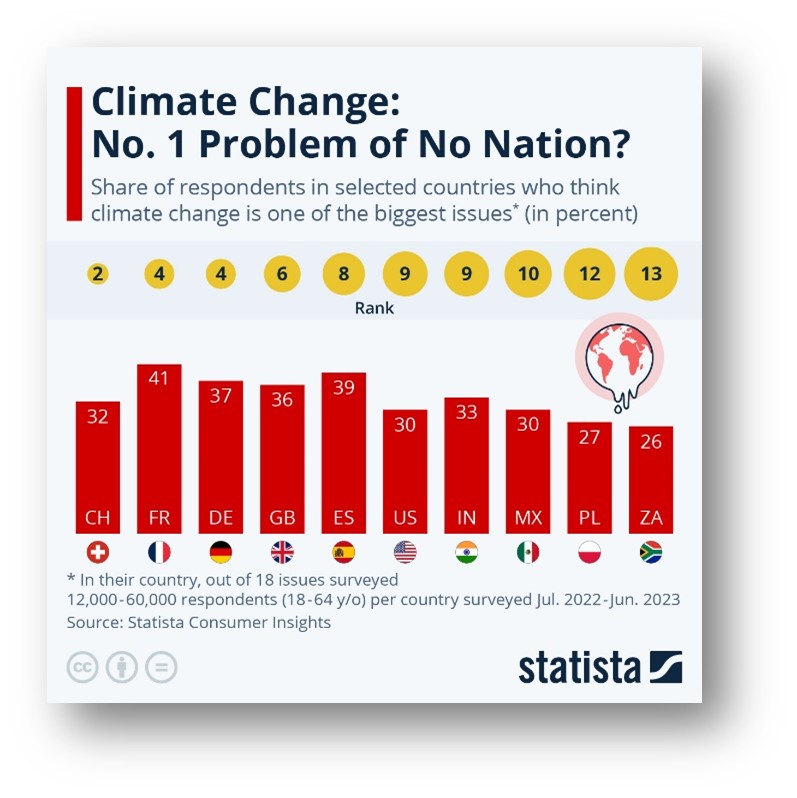
The Role of Global Governance
Global governance refers to the collective management of international issues through cooperation among states, international organizations, and other actors. In the context of climate change, it involves:
International Agreements:
The Paris Agreement (2015): A landmark accord where nations committed to limiting global warming to well below 2°C above pre-industrial levels, with efforts to keep it to 1.5°C.
The Kyoto Protocol (1997): The first binding agreement on reducing greenhouse gas emissions, primarily focused on developed nations.
2. United Nations Framework Convention on Climate Change (UNFCCC):
The UNFCCC serves as the main forum for global climate negotiations, bringing together countries to discuss and advance climate actions.
Cities, regions, corporations, and civil society organizations play a crucial role in implementing climate solutions and advocating for stronger policies.
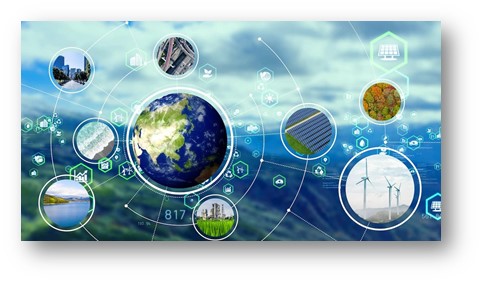
3. Non-State Actors:
Challenges in Climate Governance
Diverse National Interests:
Countries have varying levels of development, economic structures, and vulnerabilities to climate impacts, leading to different priorities and commitments.
Developing nations often seek greater financial and technical support to adapt to climate impacts and transition to low-carbon economies.
Compliance and Accountability:
Ensuring countries adhere to their commitments under international agreements remains a significant challenge.
Mechanisms for tracking progress and holding nations accountable are evolving but need strengthening.
Financing Climate Action:
The financial needs for mitigating and adapting to climate change are vast, with estimates in the trillions of dollars.
The Green Climate Fund (GCF) and other mechanisms aim to channel funds to developing countries, but contributions and disbursements need to increase.

Towards Effective Global Governance
Enhanced Multilateral Cooperation:
Strengthening existing frameworks like the UNFCCC and ensuring broad participation and compliance are critical.
Creating inclusive platforms where all voices, especially those from vulnerable communities, are heard and considered.
2. Innovative Solutions and Partnerships:
Leveraging technology and innovation can drive significant emissions reductions and build resilience.
Public-private partnerships can mobilize additional resources and expertise.
3. Adaptive Governance:
Governance structures need to be flexible and adaptive to changing circumstances, incorporating new scientific findings and societal shifts.
Local and regional governance play essential roles in implementing policies and engaging communities.
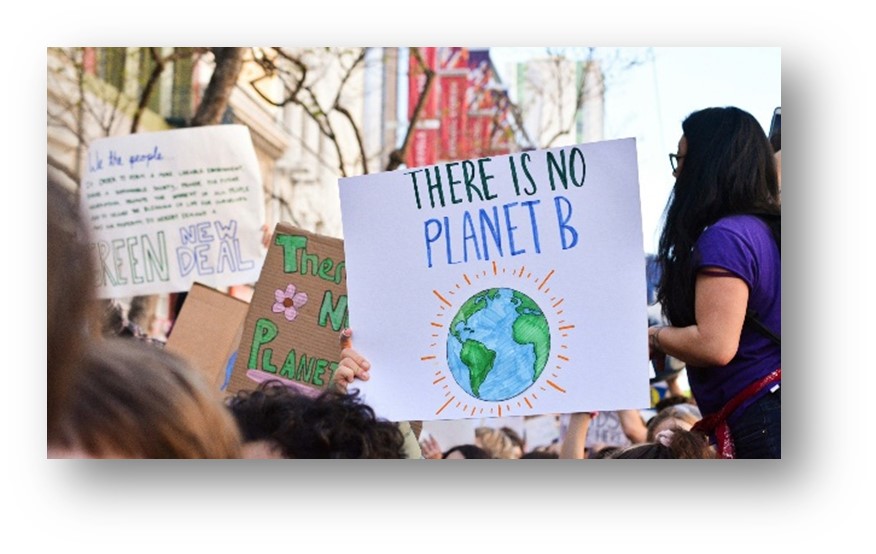
Conclusion
Tackling climate change is a collective endeavor that demands coordinated global action. Strengthening global governance mechanisms is essential for driving effective and equitable climate action. By fostering cooperation, ensuring accountability, and mobilizing resources, the international community can rise to the challenge, securing a sustainable future for all.



